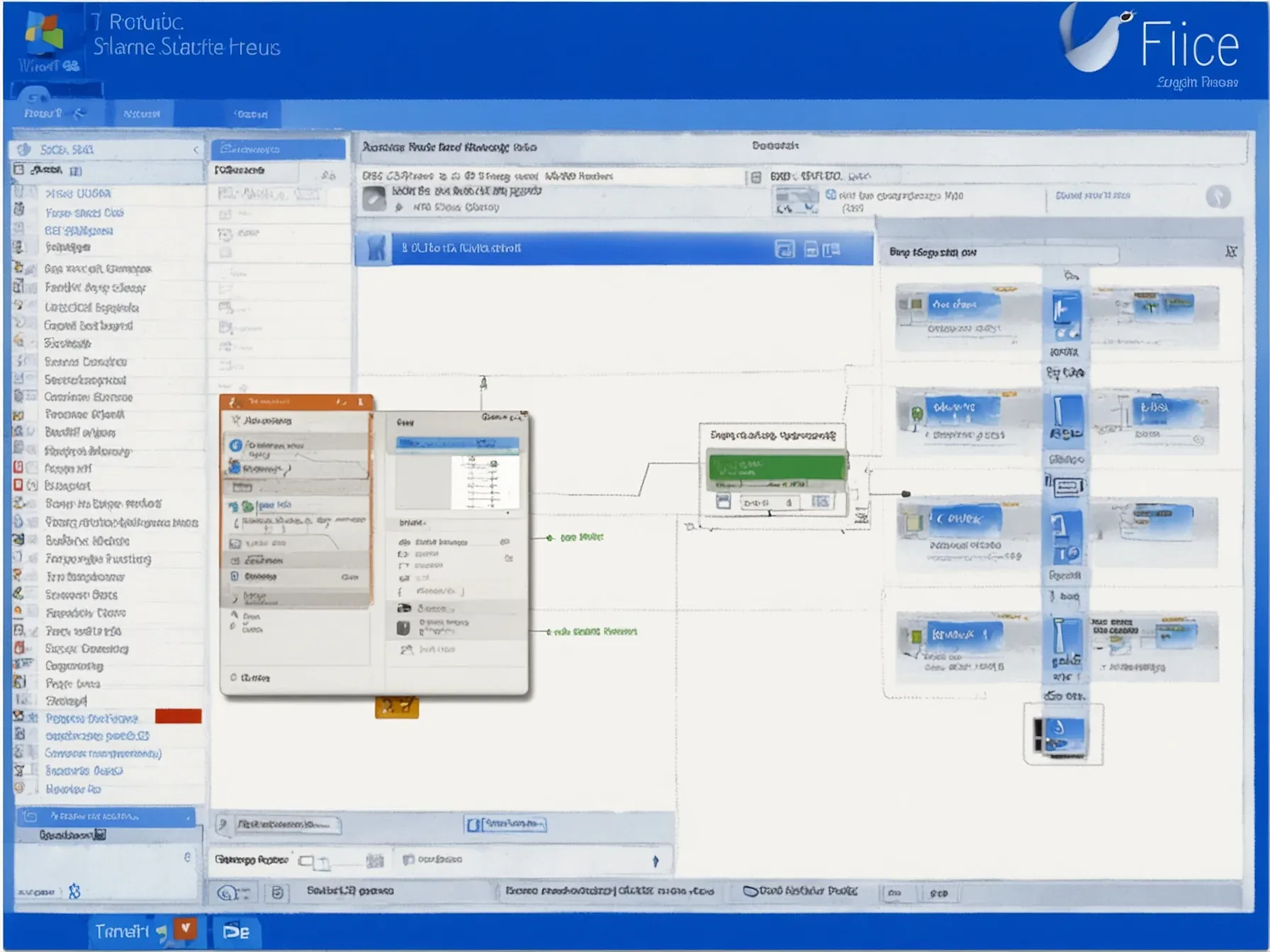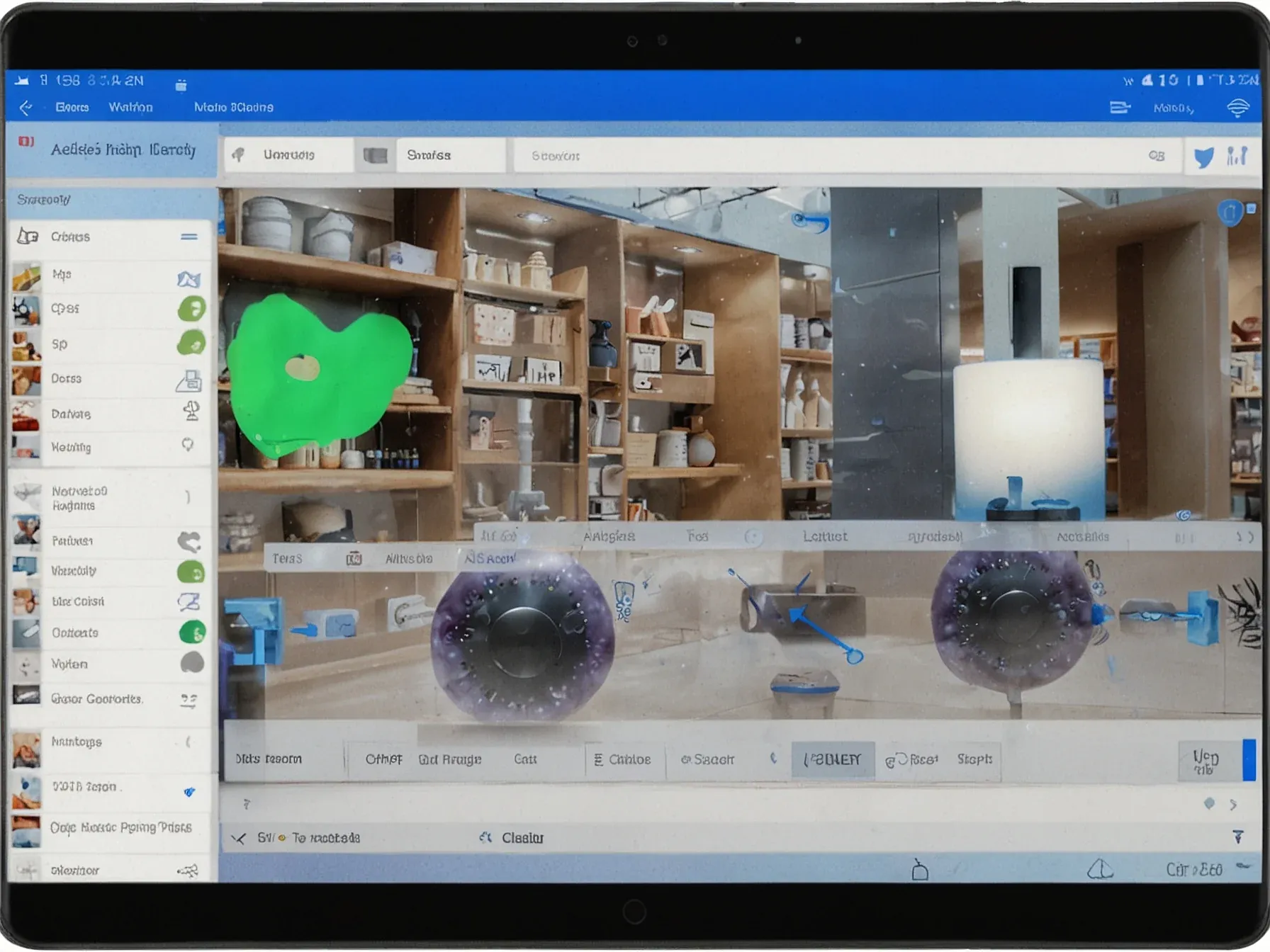Editorial illustration for ChatGPT Reveals Top Smartwatch Picks: Garmin, Fitbit, Pixel, and Ticwatch Models
ChatGPT Reveals Top Smartwatch Picks for Tech Shoppers
ChatGPT lists Garmin Vivoactive 5, Fitbit Versa 4, Pixel Watch 3, Ticwatch Pro 5
Smartwatch shoppers drowning in options might find an unexpected ally: ChatGPT. The AI tool is now stepping into product recommendation territory, offering personalized tech advice that goes beyond simple search results.
I tested the AI's shopping guidance by asking about top smartwatch models. What emerged was a surprisingly nuanced breakdown of wearable tech that cut through marketing noise.
The results weren't just a generic list. ChatGPT provided a targeted selection of devices that balanced technical specifications with real-world usability. Its recommendations spanned different price points and user needs, suggesting the AI can parse complex consumer tech decisions.
But could an AI really provide trustworthy shopping advice? The recommendation process revealed something intriguing about how artificial intelligence is transforming consumer research. Detailed comparisons of battery life, app compatibility, and specific use cases suggested a level of personalization that traditional review sites struggle to match.
The results were about to get even more interesting.
Afterward, it gave me a few links to deals on the top watch it suggested, the Garmin Vivoactive 5. The Fitbit Versa 4, Google Pixel Watch 3, and Ticwatch Pro 5 were also in ChatGPT's recommendations for me. It was able to compare battery life, app compatibility, prices, and "best for" use cases for each, like "daily use," "budget friendly," or "strong Android integration." I wouldn't normally turn to AI for help shopping for tech, but I can see how a feature like this could be useful to someone who isn't sure what they're looking for or where to start.
AI shopping assistants might be more practical than we thought. ChatGPT's smartwatch recommendations suggest these tools can quickly parse complex tech comparisons, offering personalized suggestions across brands like Garmin, Fitbit, Pixel, and Ticwatch.
The AI's ability to break down nuanced factors - battery life, app compatibility, pricing, and specific use cases - indicates a potential shift in how consumers might approach tech purchases. Its recommendations weren't just generic; they seemed tailored to individual needs like "daily use" or "budget friendly."
While skepticism around AI shopping advice is natural, this example shows promise. The system didn't just list watches but provided contextual information that could help real buyers make informed decisions. Surprisingly, it even generated purchase links for the top recommendation, the Garmin Vivoactive 5.
Tech shoppers might find such AI-powered guidance increasingly valuable. Still, smart consumers will likely cross-reference these suggestions with traditional reviews and expert opinions. The technology appears promising but not yet a complete replacement for human research.
Further Reading
- Best cheap smartwatch for Android 2025 - Android Central
- The best smartwatch 2025: Wearables you should buy today - TechRadar
- Smartwatches Best Picks - Tom's Guide
Common Questions Answered
How did ChatGPT help in selecting top smartwatch models?
ChatGPT provided a targeted selection of smartwatches by comparing key factors like battery life, app compatibility, prices, and specific use cases. The AI tool offered personalized recommendations across brands including Garmin, Fitbit, Google Pixel, and Ticwatch, going beyond generic search results.
What specific smartwatch models did ChatGPT recommend?
ChatGPT recommended four primary smartwatch models: the Garmin Vivoactive 5, Fitbit Versa 4, Google Pixel Watch 3, and Ticwatch Pro 5. The AI tool was able to categorize these watches by different use cases such as 'daily use,' 'budget friendly,' and 'strong Android integration'.
How might AI shopping assistants like ChatGPT change tech purchasing decisions?
AI shopping assistants could revolutionize tech purchasing by offering nuanced, personalized recommendations that cut through marketing noise. By quickly parsing complex tech comparisons and providing detailed insights into product features, these tools can help consumers make more informed decisions across different brands and product categories.








